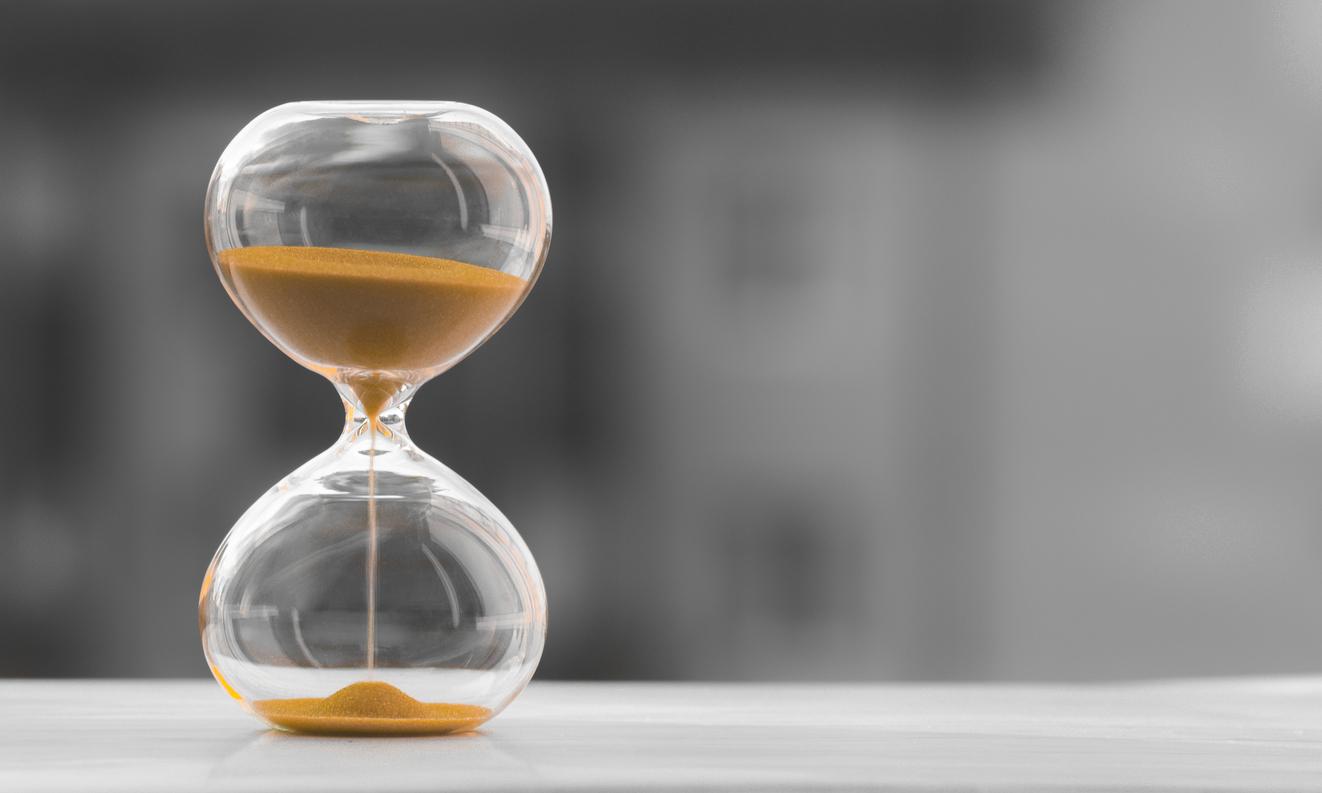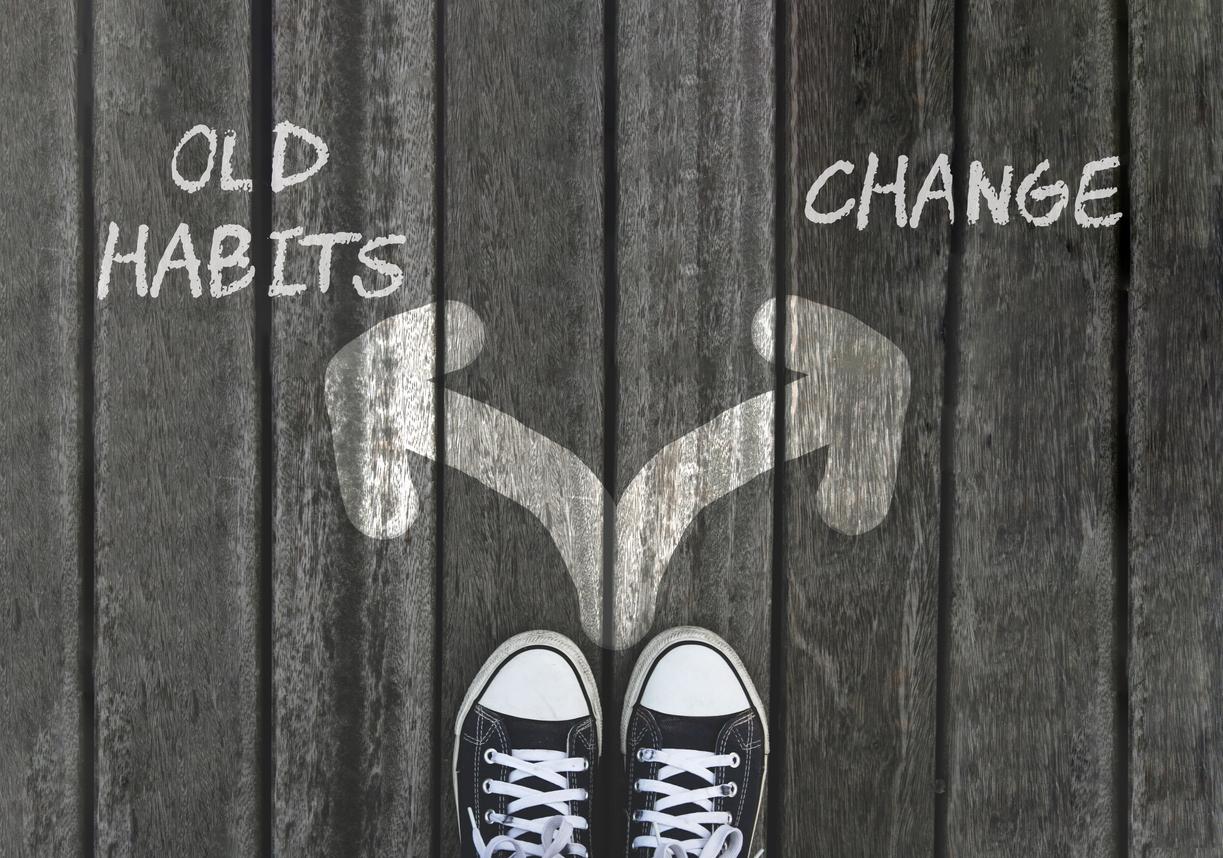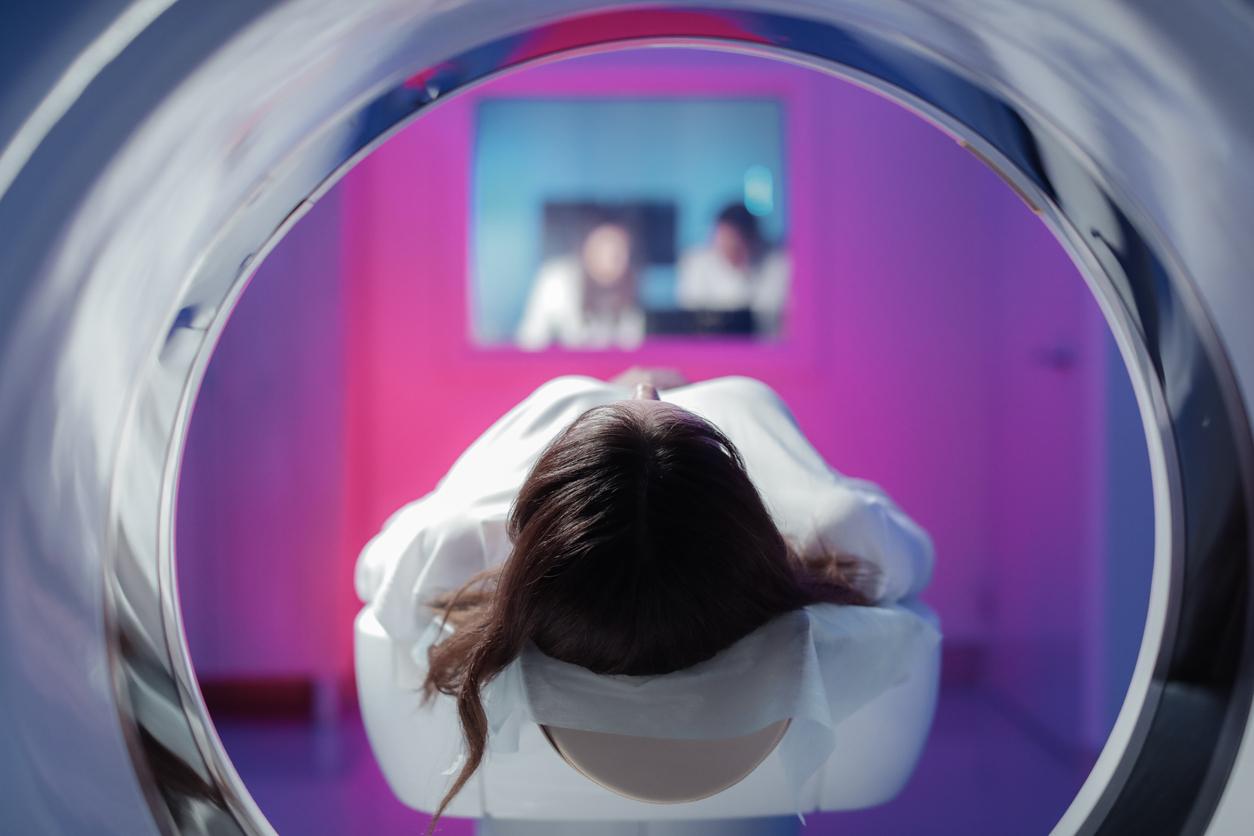According to a new study, participants healed faster when they felt time passed faster, suggesting that perception influences recovery from physical injuries.

- Participants’ physical injuries seemed to heal more quickly when they thought more time had passed.
- Conversely, healing was slower when perceived time was slower.
- Ultimately, this type of work could lead to new therapies to treat physical injuries, by further integrating the psychological aspect.
This is further proof that psychology influences our physical health! According to a new study published in the journal Nature Scientific Reportsperceived – and not real – time would have a very significant impact on the healing of physical injuries.
Perception of time impacts physical healing
To achieve this result, the two authors Peter Aungle And Ellen Langepsychologists and researchers at Harvard University, in the United States, used a set procedure to lightly injure thirty-three participants using suction cups placed on their arms. The perception of time was manipulated in the laboratory: slow (slowed down by half, or 14 minutes), normal (unmodified, or 28 minutes) and fast (doubled, or 56 minutes).
Results: Injuries appeared to heal more quickly when participants thought more time had passed. Conversely, healing was slower when perceived time was slower, that is, when they thought less time had passed. Of course, the real time did not change but the participants had a biased perception by the researchers. According to this study, the effect of time on physical healing is therefore strongly influenced by its perception.
Towards new therapeutic approaches more based on psychology
Building on these conclusions, psychologists want better consideration of psychological influences on physical health, particularly in the context of future scientific research.
Although more work is needed to confirm the impact of psychology on physical health, this study already shows that psychological factors influence physical healing. Ultimately, new therapeutic approaches could therefore be considered for the healing of physical injuries, by modifying the perception of time.















